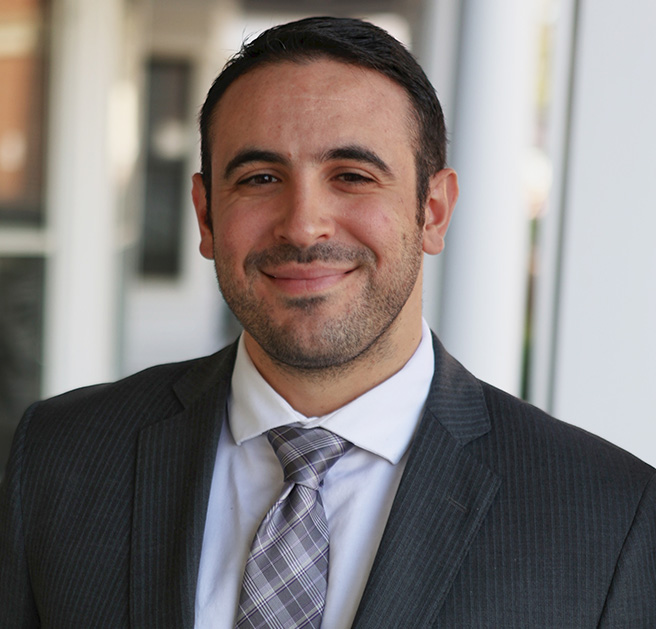After years of watching “Shark Tank,” I’m taking a shot at sharkdom next week, as a judge for the Stony Brook University College of Business pitch-fest known as “WolfieTank.”
Offering legal perspectives on big ideas is not as sexy as offering a wad of cash, but any “shark” from the original show will tell you that consulting a lawyer early and often is critical to a young company’s success.
Still, startup lawyers can get a bad rap. Contrary to Mark Zuckerberg’s legendary mantra to “move fast and break things,” the role of the startup lawyer is to do things the right way – and this can be a wet blanket to a business founder intoxicated by the thought of changing the world.
Founders who ignore their lawyers early on might turn back to them later for very different reasons – think Elizabeth Holmes or Sam Bankman-Fried – when the company is scrutinized by bankers, VC firms, regulators and other serious people. But listening to a lawyer in the early stages can set the groundwork for a company that will last.
If they do the job right, startup lawyers will comb over the boring stuff – corporate structure and governance, regulatory compliance – and the results can be both critically important and, sometimes, heartbreaking. In the IP space, this often means informing founders they don’t own the core asset of their business, or they’re infringing some third party’s rights.
There are many early-stage mistakes common to armchair lawyering, such as believing that owning a domain name gives you the right to use that name as a company or brand name. Only a trademark search can determine if a product or service name is available as a brand – and the only method of securing exclusive rights to that brand for interstate commerce is to register it with the U.S. Patent & Trademark Office (or with state registrars for statewide rights).
There’s also the common trope in the founder community that anything on the Internet is free for the taking. But “public domain” and “fair use” have specific requirements based on when a work is published and how the work is used. Being “available online” is not always relevant, or most important.
Founders rushing to bring in customers often fail to establish the proper safeguards for protecting personal information. Customer lists are worthless without a clear privacy policy, insurance for data breaches and compliance with the latest data-protection standards.
Many also fail to recognize that ownership is not about ego. A founder might be the brains, heart and soul of a company, but ownership is defined by facts and law, not emotion. Most employers have a legitimate claim to anything developed at their place of business using their tools – and if a new-business founder was working for another company when he or she hatched that new idea, there’s likely a conflict.
Similarly, founders hiring contractors do not own a delivered product just because they paid for it. Ownership of a physical object doesn’t convey ownership of the underlying IP rights – these can only be assigned in writing.
These and other legal facts put a particular emphasis on WolfieTank. For one thing, it’s significant that an event like this is happening at a public university known for educating diverse students who are often the first in their families to attend college. That’s rare in the founder community, and we all suffer for it (necessity – real necessity, felt by real people – is the mother of invention).
Public-university students don’t usually enjoy the kind of serial entrepreneurship we hear about in Silicon Valley. Most don’t have family money to fall back on. They may even need an employer to sponsor them for a work visa.
They also can’t afford startup lawyers, which is why I’ll be swimming with the sharks at WolfieTank next week. If lawyers want to help startups do it “right” – and expand the field of entrepreneurs – they need to seek out opportunities like this to mentor founders who can’t afford their billing rates.




